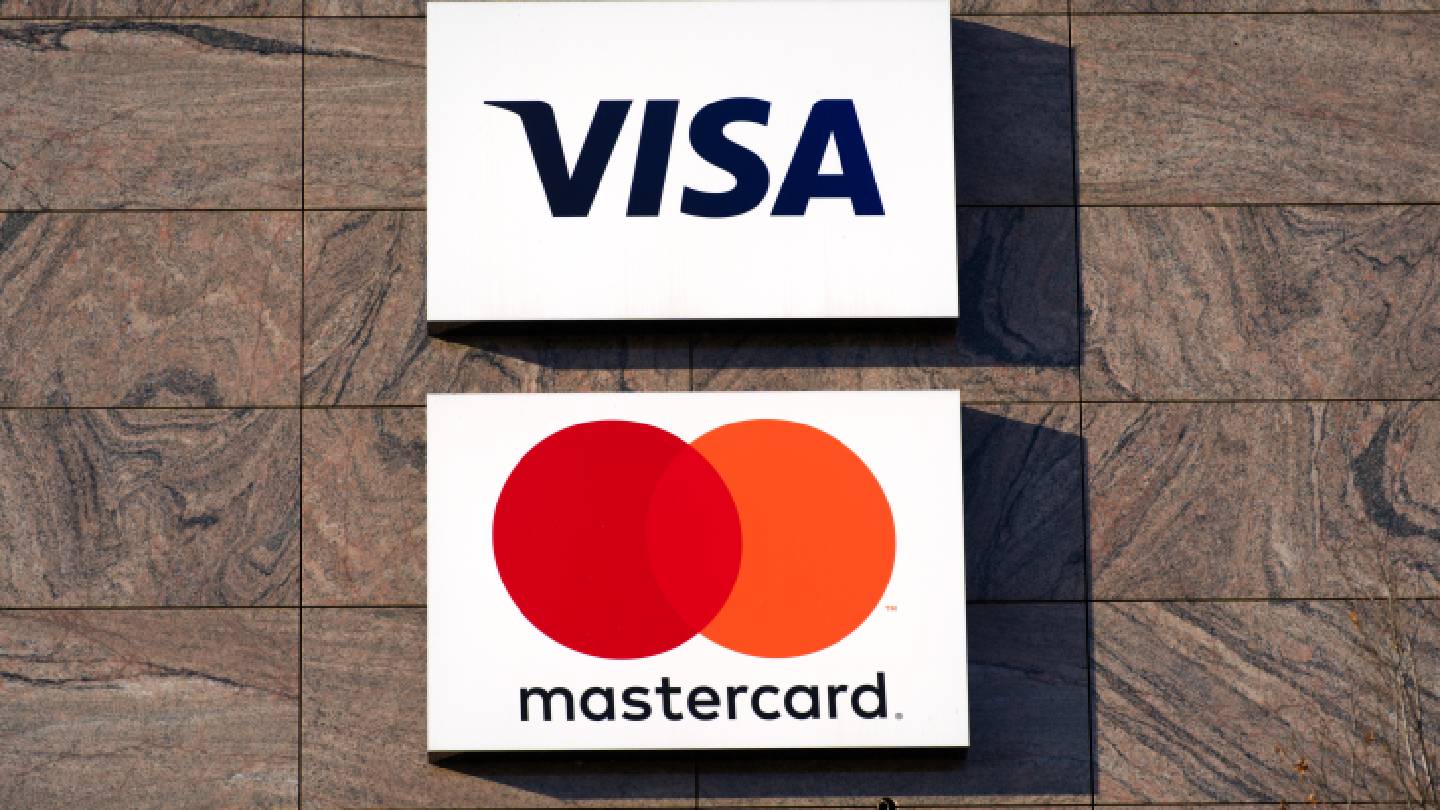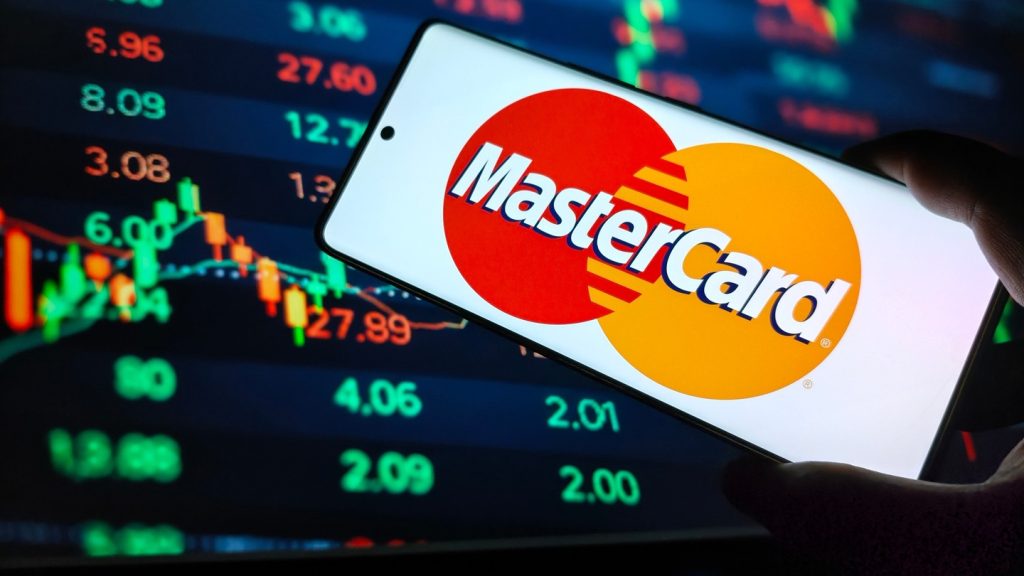
US-based payment card companies Visa and Mastercard have reportedly reached a $199.5m settlement to resolve a class action over imposing fraud-related costs on merchants.
The settlement, filed in Brooklyn federal court, awaits approval from Chief US District Judge Margo Brodie, reported Reuters.

Access deeper industry intelligence
Experience unmatched clarity with a single platform that combines unique data, AI, and human expertise.
In 2016, merchants initiated a lawsuit against payment networks, claiming that they breached antitrust laws by collectively altering rules regarding chargebacks, which are reversed payments resulting from customer disputes.
This change led to increased costs for businesses without any decrease in transaction fees.
Under the new framework, merchants are held responsible for chargebacks if they have not upgraded their point-of-sale systems to accommodate chip-enabled cards.
Under the settlement, Visa will pay $119.7m and Mastercard $79.8m.

US Tariffs are shifting - will you react or anticipate?
Don’t let policy changes catch you off guard. Stay proactive with real-time data and expert analysis.
By GlobalDataPreviously, Discover and American Express, who faced similar merchants’ allegations, agreed to pay a combined $32.2m for settlement.
All four companies involved in the class action have denied any wrongdoing while agreeing to settle the case.
This development follows a previous separate $5bn agreement in 2019, where Visa and Mastercard settled claims related to the fixing of credit and debit card fees.
In June this year, London’s Competition Appeal Tribunal ruled that the multilateral interchange fees (MIFs) by Visa and Mastercard violate UK and Irish competition law.
This decision arose from linked lawsuits initiated by numerous merchants challenging the legality of these fees.
In July, US District Judge David Dugan dismissed a lawsuit against Apple, Visa, and Mastercard for alleged anti-competitive payment practices.
The plaintiffs had alleged that the companies conspired to prevent competition and caused merchants to incur higher transaction fees.
The judge found the evidence presented by the merchants to be insufficient, describing their case as reliant on a “slew of circumstantial allegations”.







